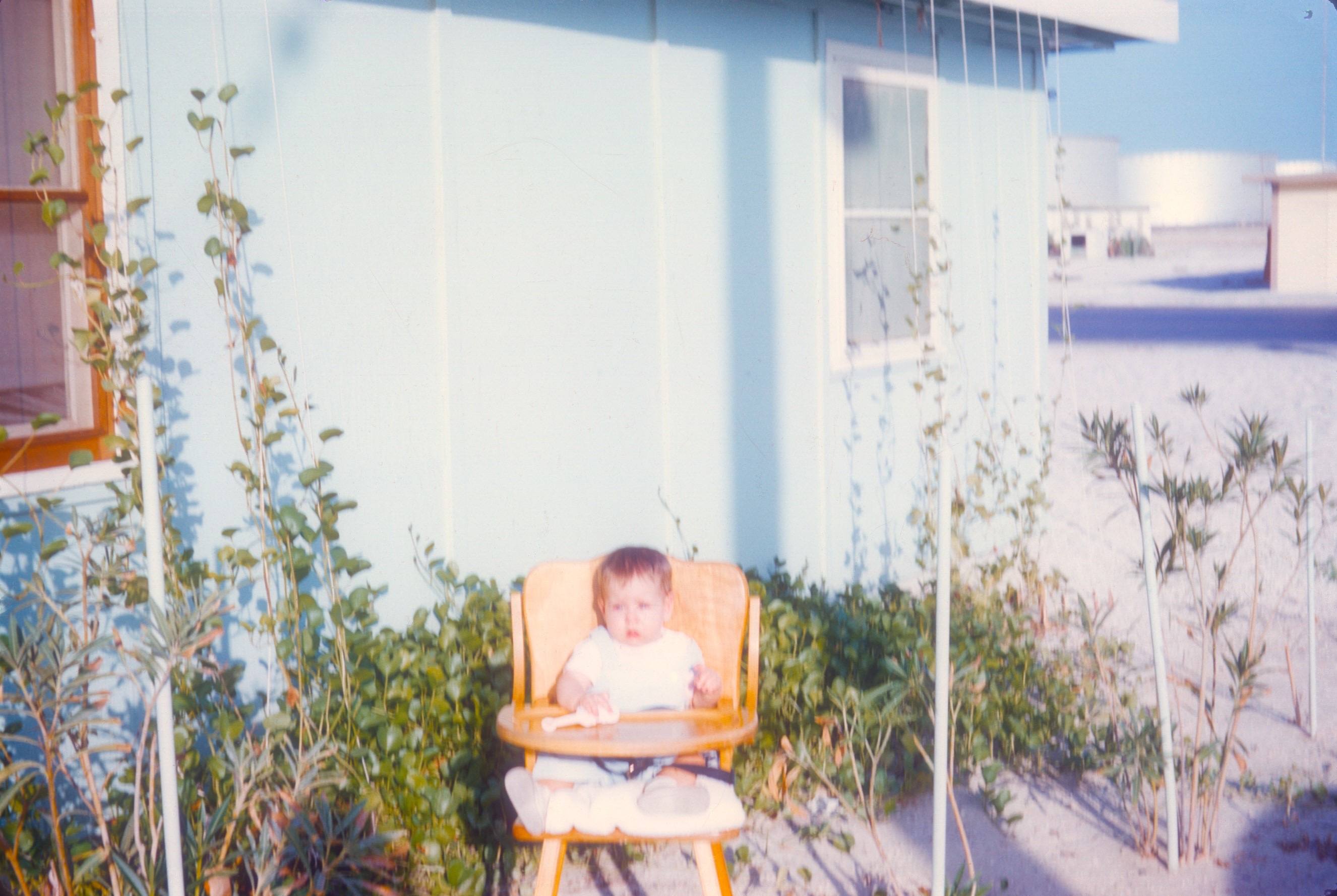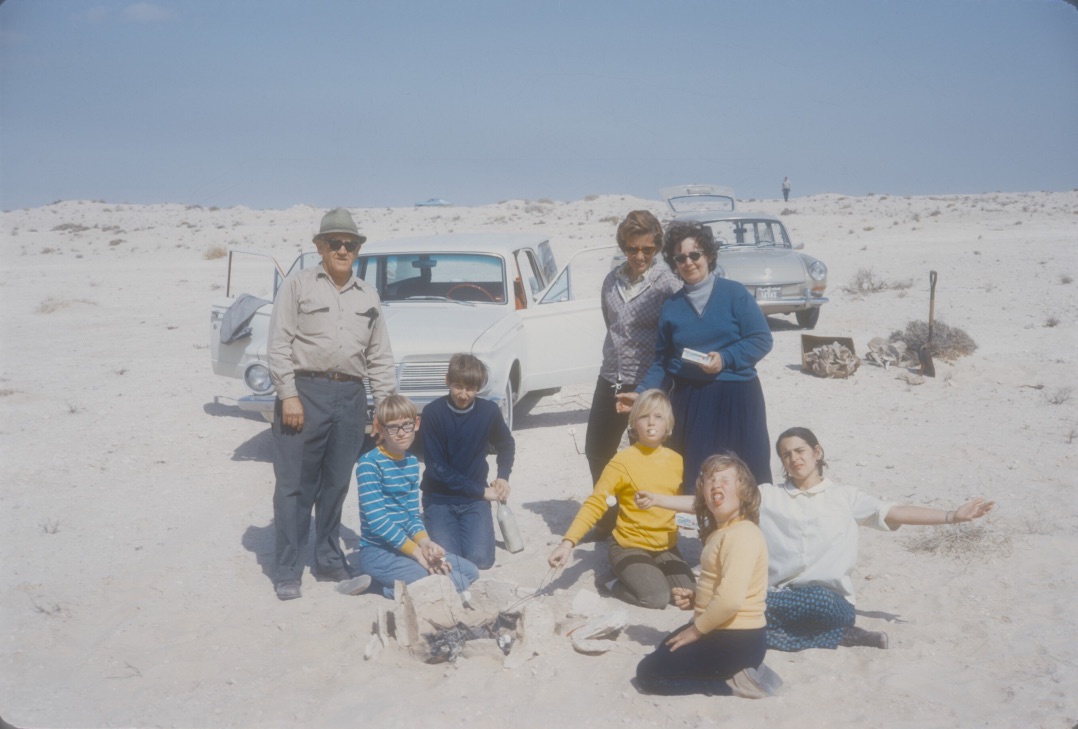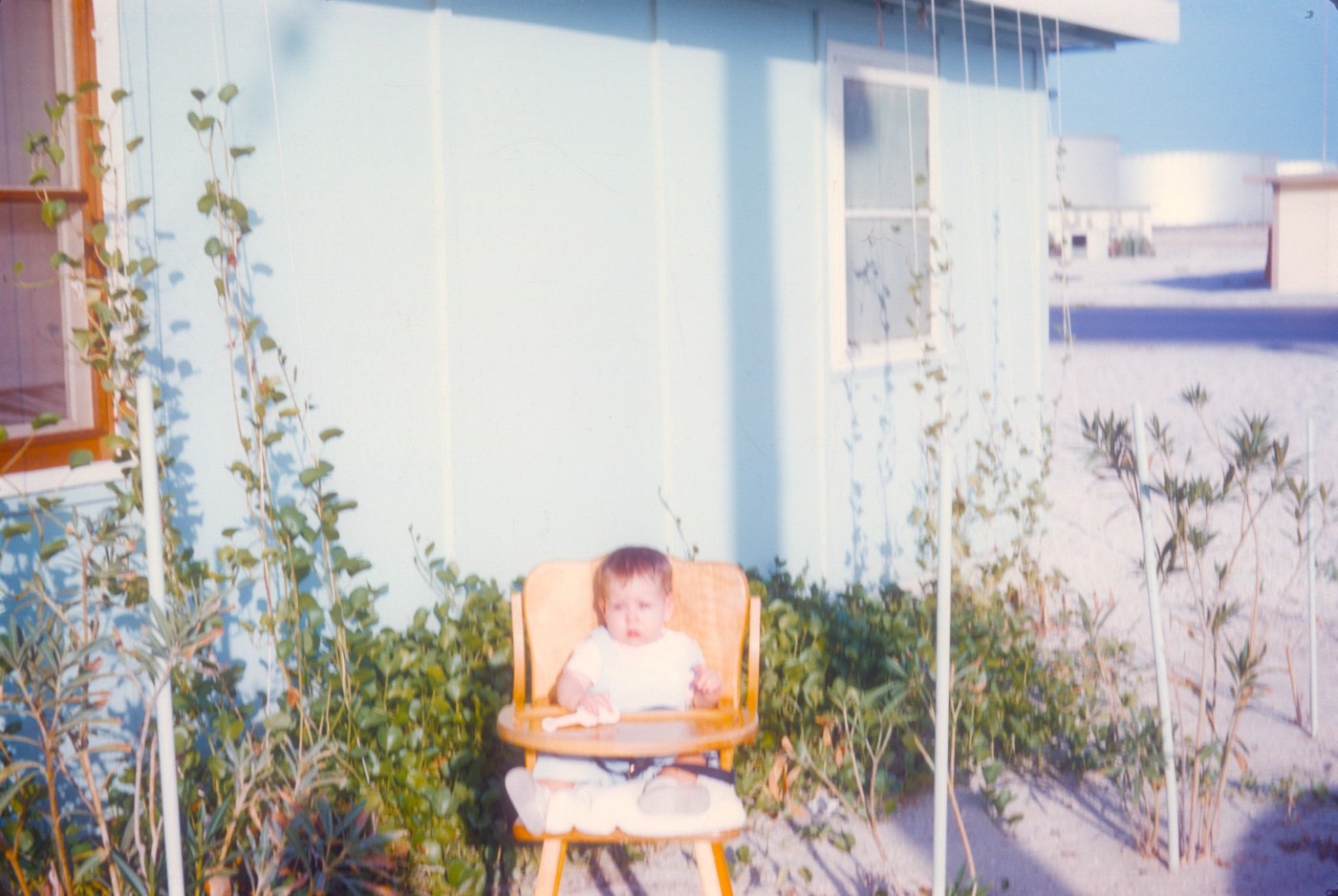 . It is early Saturday morning in northern California and I am sitting at my dining room table, paying utility bills. Out in the kitchen, a second pot of coffee is brewing. I have been awake since long before dawn, wondering how to remake my life in yet another city in America.
. It is early Saturday morning in northern California and I am sitting at my dining room table, paying utility bills. Out in the kitchen, a second pot of coffee is brewing. I have been awake since long before dawn, wondering how to remake my life in yet another city in America.
“Where do you live?” is an easy question for me to answer.
“Where’s home?” is not.
Physicists would call it a “naked singularity,” this part of me that is like no other part, this span of experience that is like no other time in my life. It is this other side of me that needs expression. It is the side that didn’t know there were utility companies. There were only the brown and weathered towers of “AC” plants, cooling our cement-block homes in the middle of a desert. Our coffee came from a jar that was one of only two brands to be had from the company’s commissary shelf or, deeper still, from beans roasted over a pungent oasis fire, then brewed with cardamom to strong perfection in a brass pot.
By definition, expatriates live outside their native country and inside another. Journalists, business people –spouses along for the ride — can live “on the local economy” around the world. They can shop where the natives shop, socialize where the natives socialize, eat what the natives eat. But ours was most definitely a Western — even American — life. For inside the culture of Saudi Arabia, there was another one, a hybrid life cultivated inside the perimeter fences of the towns built by and for the oil company. I practiced my Arabic in the outlying towns but in the early 1960’s many Saudis were eager to answer me in English. There were Jordanians and Egyptians in my grade school classrooms but the story problems asked us to compute a train’s speed from Chicago to Los Angeles. My girlfriends and I sometimes chose to wear long cotton Bedouin dresses but underneath them were pairs of Wrangler jeans.
Telling a story helps make sense of things. It gives, by the telling and by the hearing, an identity to life; a set place in space and time. But the tense of memory is past perfect. That is even more true when memories are of a time and place in a culture other than your own.
As an expatriate, my carefully crafted world of friends and events dissolved when I left, disappearing away from me into the hot desert haze. But that is as it should be for it was mine only to borrow for a while. My world was surrendered on an August morning in 1975, fading and growing smaller as the aircraft veered to the West and put the Saudi sun behind it. The same sun is now washing the Oakland hills with light and just beginning to set behind my hometown in the Eastern Province.
I can resist the temptation of beginning with “once upon a time.” Let me choose another.
 “Kan ya makan,” the Arabic folk tales begin: “there was, and there was not…”
“Kan ya makan,” the Arabic folk tales begin: “there was, and there was not…”

Looking forward to more.
How quantum of you, there was and there was not, there is and there is not, there will be and there will be not. The declension the verbs to be. As it was and always shall be Amen!!
I love words, I love playing with them:-). That Arab saying was so perfect for the way I feel about having a foot in both worlds and not being either one. I confess I am such a geek that the hubbie’s first holiday gift to me was a thick Etymology Dictionary!
I love this! It perfectly described the sort of experience I had in Taiwan. It was clear I wasn’t Chinese but, coming back to the States for college made me feel like an outsider. I didnt understand popular culture references, so many jokes went right by me. While other kids in college talked about studying abroad, I felt I was doing my study abroad in Minnesota. I knew I didn’t belong in Taiwan but I felt separate from those who looked like me but who really weren’t like me at all. I wondered if I was always going to feel different. Of course, you adapt. But every time I’m with others who have had similar experiences, that’s when I feel most at home.
Omigosh, Taiwan?? Did I know this about you? Of course, you get “it.” Yup, me, too: I felt like the Rip Van Winkle of American pop culture! Thank you for sharing: there are quite a few bazillion of us out here:-). much love, K
Love this Kim, can’t wait for more!
Well that is fab, thank you! From those play days on 11th Street, you have certainly been a part of my tribe!
Here’s another 3rd Culture Kid – ME! Thank you for this, Kimberly! I look forward to reading & sharing!
Oh Miz Tina, I thought this might resonate with you:-). Remind me again: when we met at UD, you had spent part of your life in Europe, yes? Your parents were from Poland… and the Czech republic?
I am looking for the “I love this and feel whisked away to another world” button. Kimmie, your words are transporting! Thank you, truly, for sharing your history and experience.
Whoo! that means so much to me. Your are such a perceptive and evocative writer, your appreciation feels huge:-)
I love your words and I love the way they are presented in this blog. The separated segments in changing fonts and hues bring even more imagery to your story-telling.
Glad to come by this post, and happy to share it with my folks whom their parents worked in Aramco RT back in “the good ‘ol days” as they usually say 🙂 Thanks for sharing this & hope to see more .. Wish you pleasant days to come. Salam
Am finally getting back to more writing, Ghazi. Thank you for your note. It was a different life, one foot in one culture and the other someplace else that is hard to describe. // Fiamanillah.